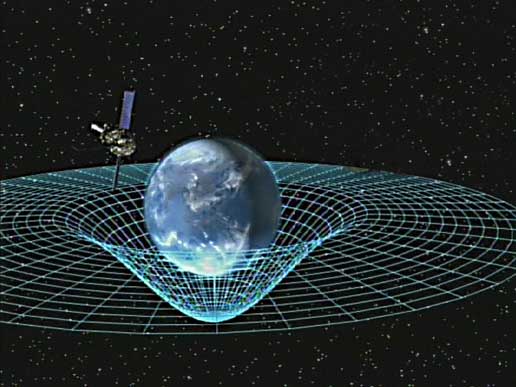
by Keith Clemmons | May 25, 2014 | Philosophy, Science, Uncategorized
Einstein was unique in that he was able to expand on Newton’s ideas of gravity and give us a new way of thinking about time. This would be unremarkable if it wasn’t for the fact that his theories have been proven over and over (for example, thank him for...

by Keith Clemmons | Apr 18, 2013 | Philosophy, Science, Technology
Scientists to Investigate… This is not your usual news, but it certainly is interesting. Scientists at the University of Washington have developed a way to test whether we are indeed living within a computer simulation. Before you start laughing or shaking your...

by Keith Clemmons | Mar 27, 2013 | Nature, Philosophy, Science, Uncategorized
Your DNA is now pwned! A study from the scientific journal, Genome Medicine, evaluated the current patents on genomes and came to a surprising conclusion. Nearly all of the human genome has been patented! Humans don’t “own” their own genes, the...




Recent Comments